As the world continues to invest heavily in artificial intelligence (AI), a growing concern is emerging about the significant power and water consumption of data centers, which house and manage the servers needed to process, store, and share information. This trend has caught the attention of the agriculture sector, with experts warning that the strain on resources could have far-reaching implications for food security.
According to recent estimates, the global data center market is projected to reach $200 billion by 2025, with investments in AI-driven infrastructure expected to drive growth. However, this expansion comes with a hefty price tag: data centers are estimated to consume over 200 billion kilowatt-hours of electricity annually, equivalent to the energy usage of over 20 million homes. Moreover, the water consumption of data centers is also a pressing concern, with some facilities using as much as 2.5 million gallons of water per day.
The strain on resources is already being felt in various parts of the world. In Singapore, the government briefly paused data center investments in 2019 due to concerns about electricity use and water consumption. Similarly, in the United States, electricity prices are rising in states with greater data center construction, such as Virginia. The CEO of Agroz, a vertical farming startup, warned that the energy used by data centers will eventually leave the human sector out, highlighting the need for a more sustainable approach to AI development.
The agriculture sector is particularly vulnerable to the strain on resources, as it relies heavily on energy and water to grow food. With a growing global population projected to reach 9.7 billion by 2050, the pressure on food systems is expected to increase. Experts warn that the competition for resources between data centers and agriculture could have far-reaching implications for food security.
Agroz, the vertical farming startup, is at the forefront of this issue. The company uses AI-driven technology to optimize crop growth and reduce water consumption. However, even with these advancements, the strain on resources remains a pressing concern. "We need to rethink our approach to AI development and consider the long-term implications for our planet," said Gerard Lim, CEO of Agroz.
As the world continues to invest in AI, it is essential to consider the broader implications for society. The strain on resources is a pressing concern that requires immediate attention. Experts warn that a more sustainable approach to AI development is needed, one that prioritizes the needs of both humans and the planet.
In conclusion, the rapid growth of the data center market is having a significant impact on the environment, with power and water consumption posing a major challenge for the agriculture sector. As the world continues to invest in AI, it is essential to consider the long-term implications for food security and the planet. A more sustainable approach to AI development is needed, one that prioritizes the needs of both humans and the environment.
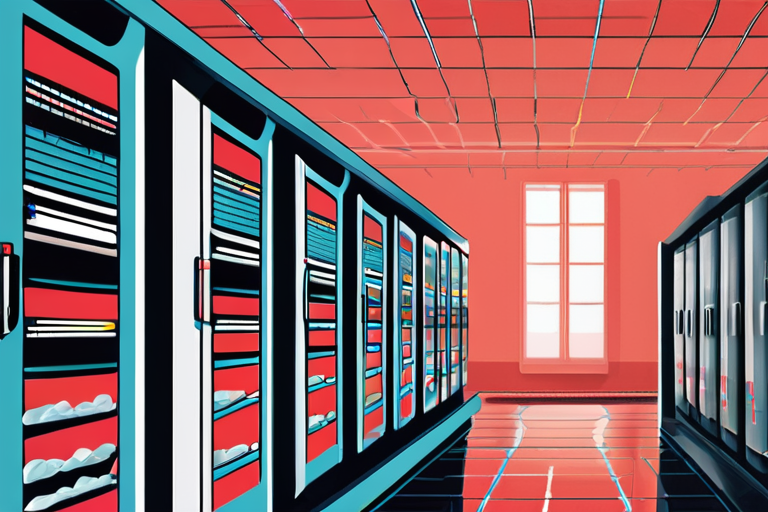



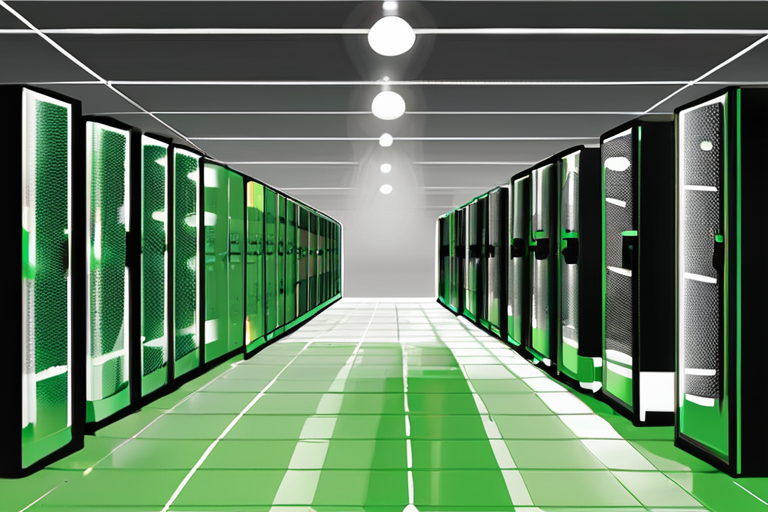
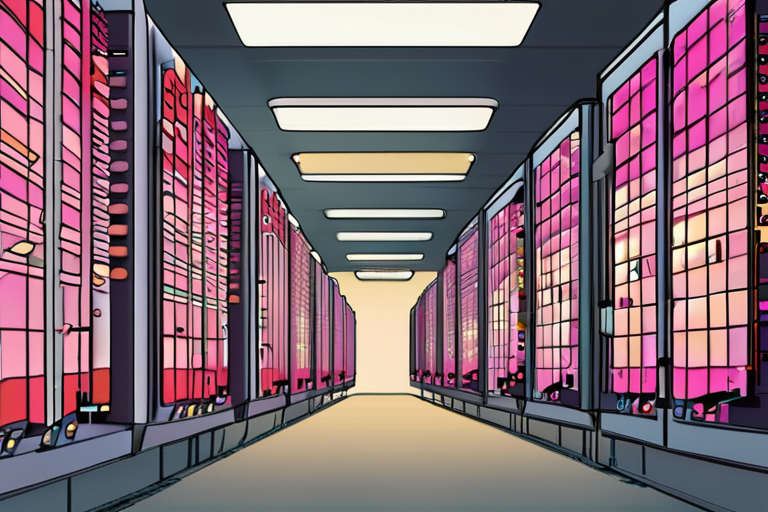
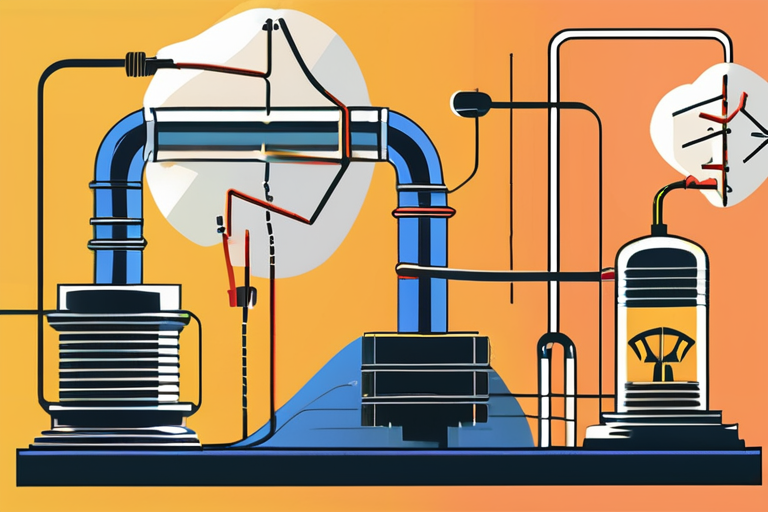
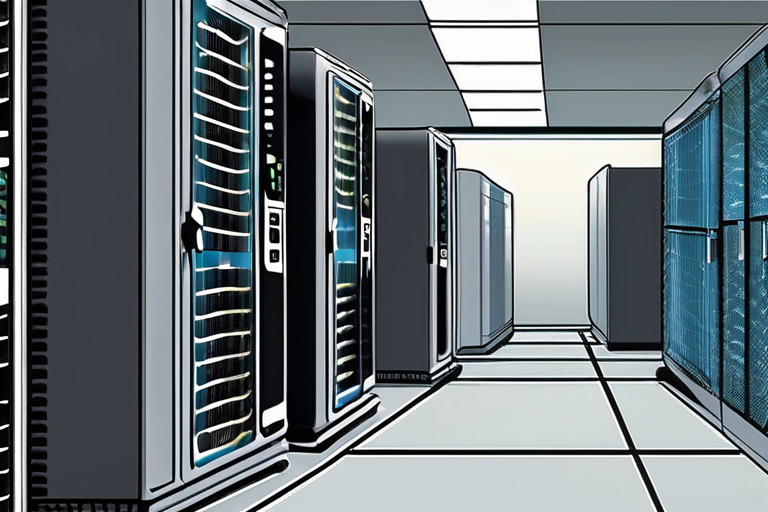
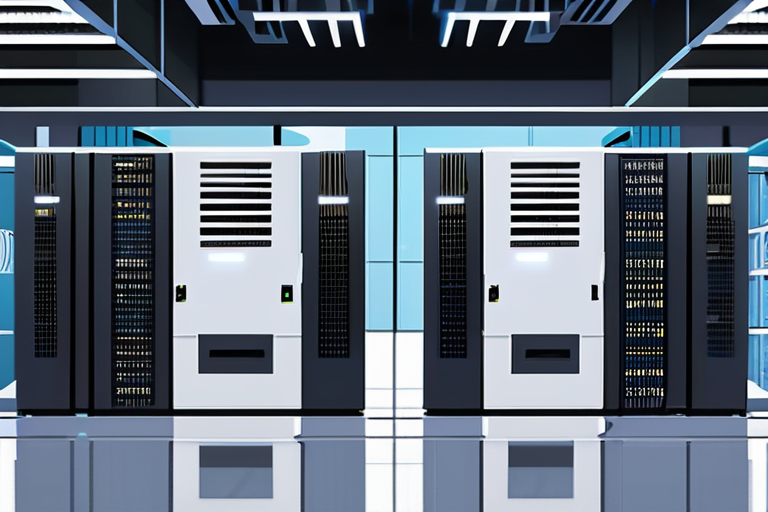
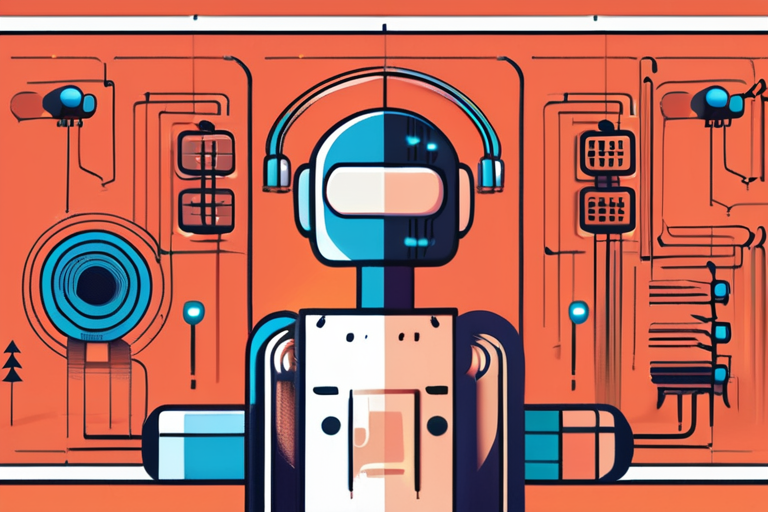
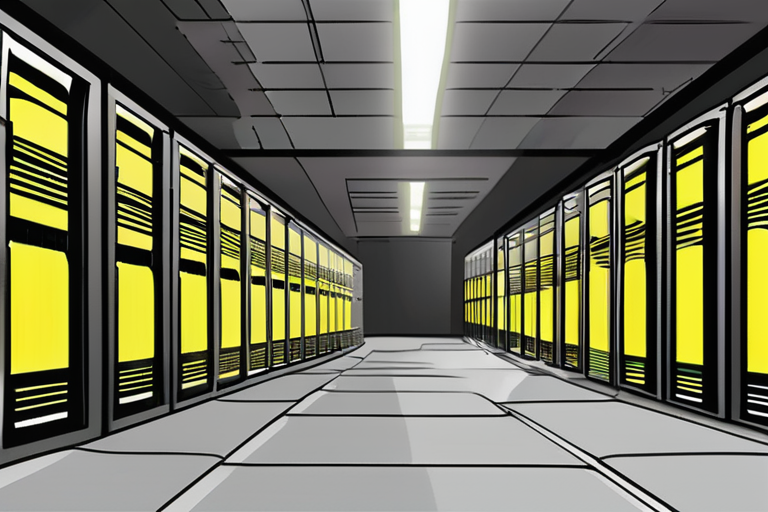
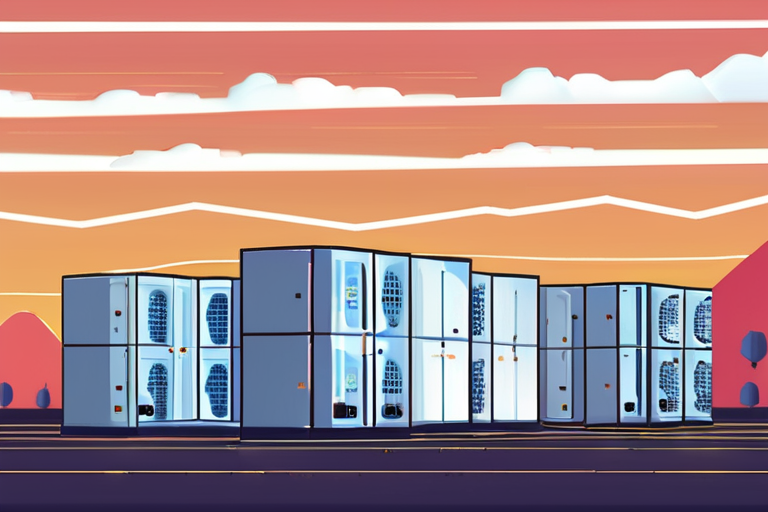

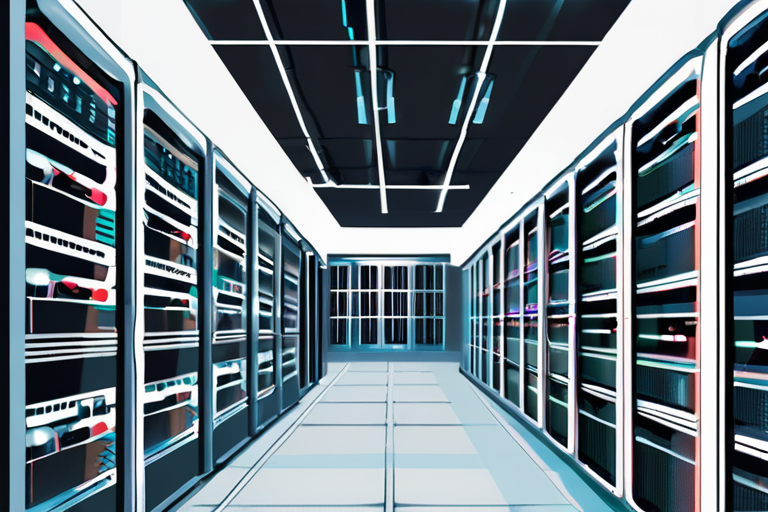

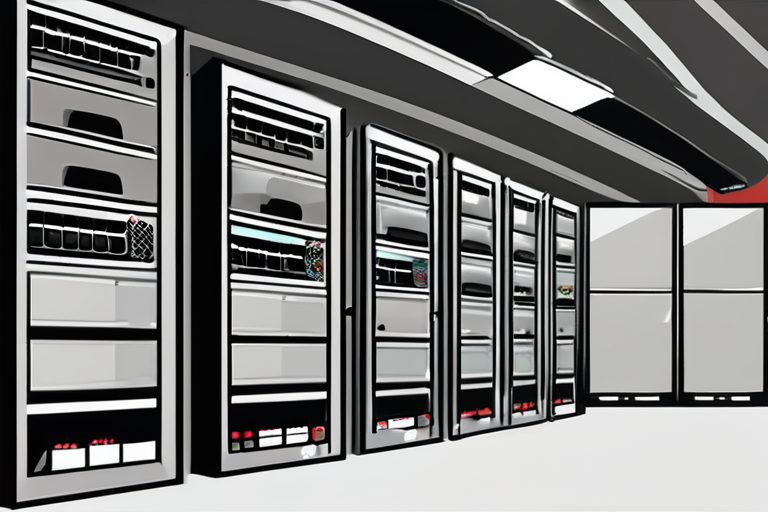
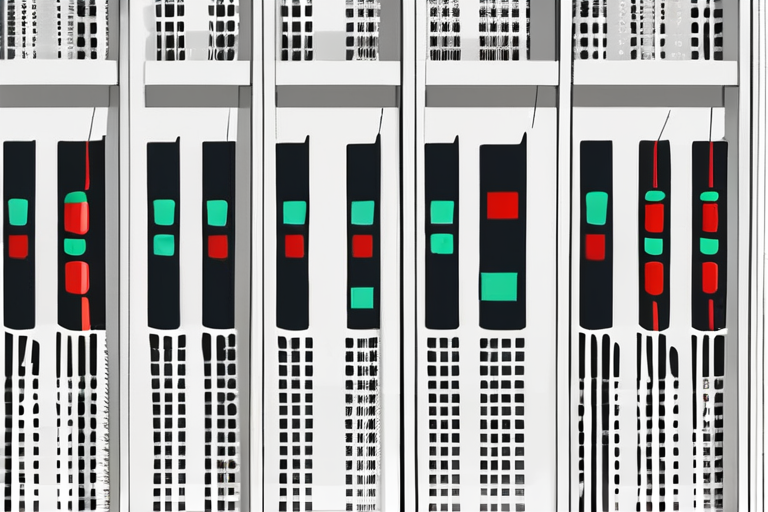
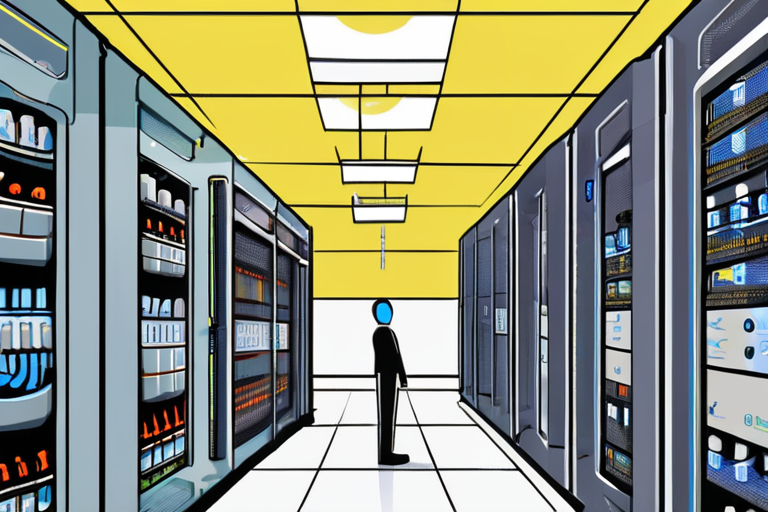


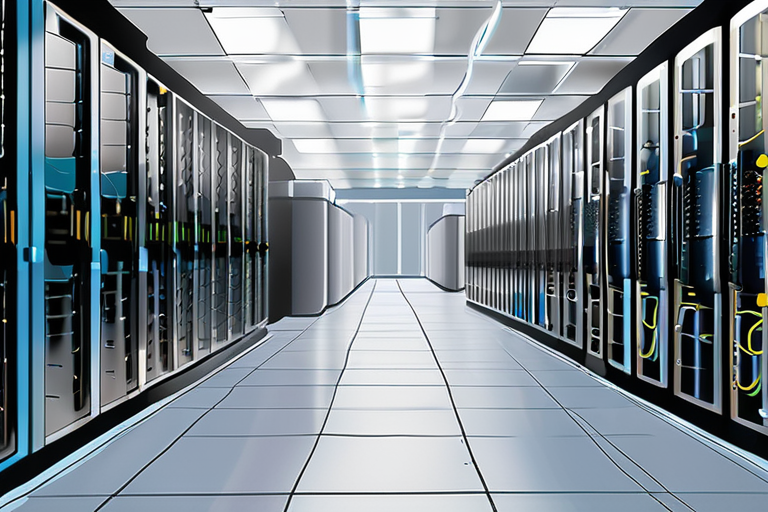
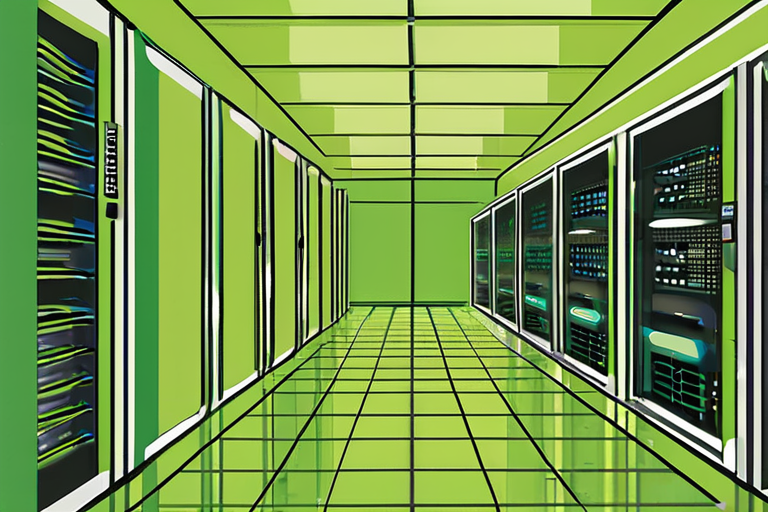
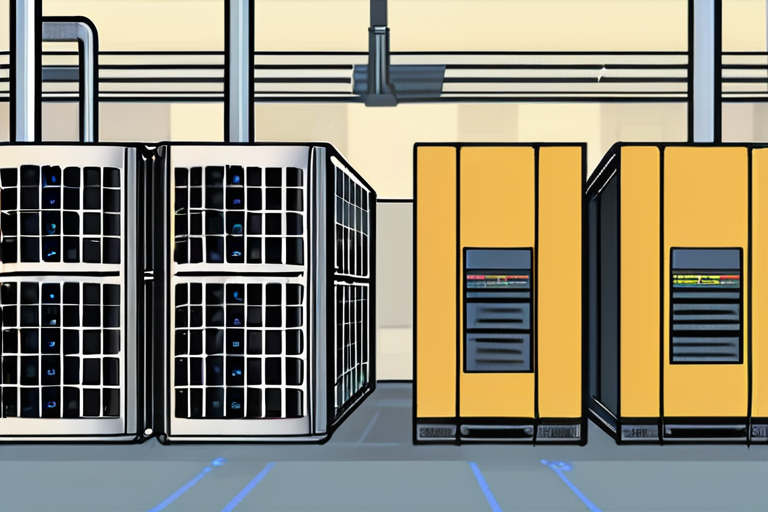
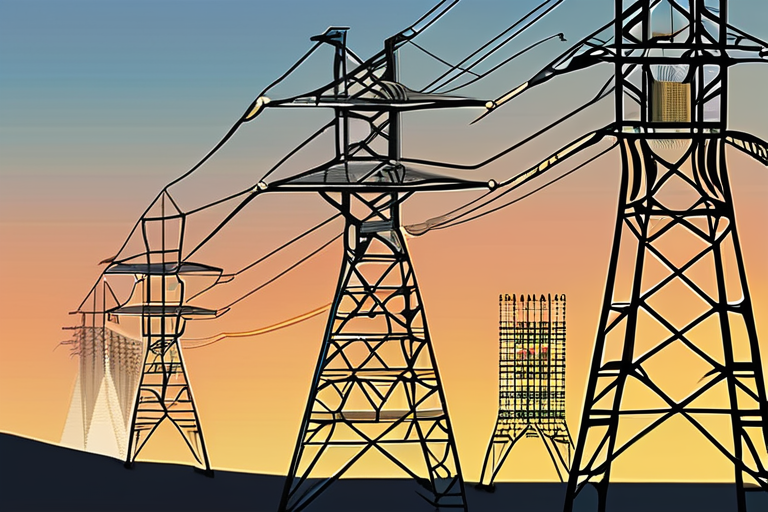
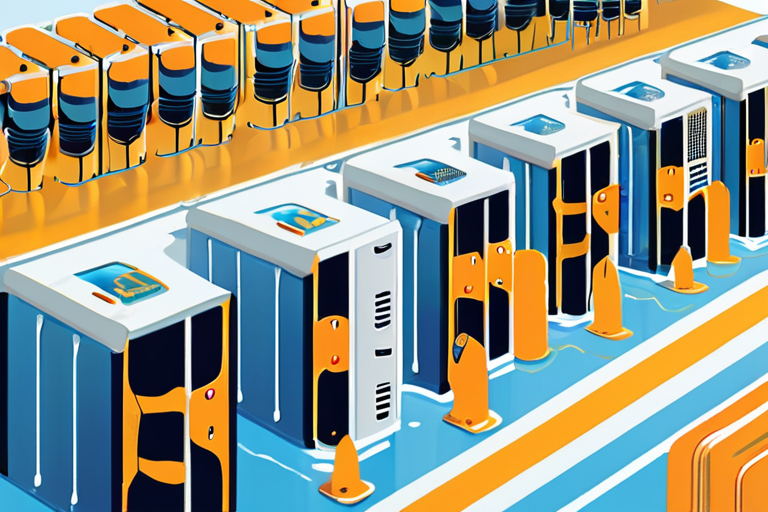
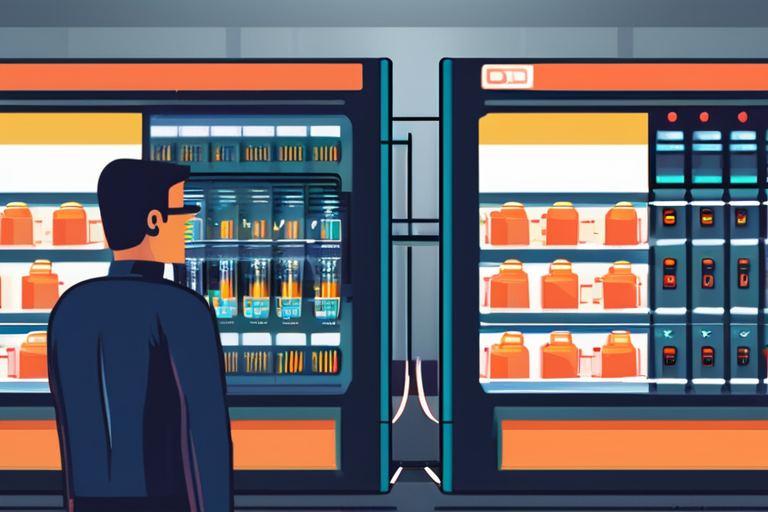
Share & Engage Share
Share this article